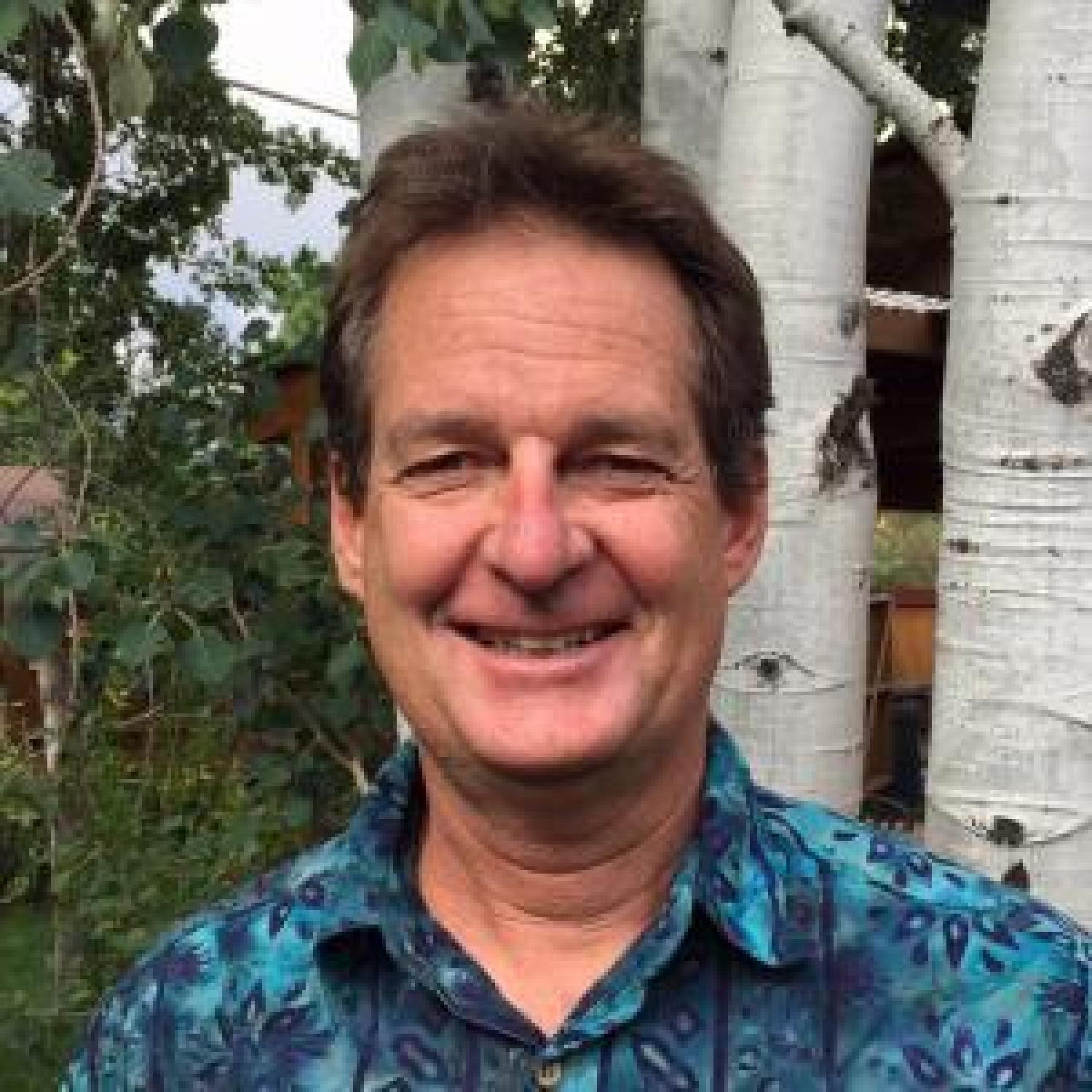Letter from the Advisor - January 2019
Happy New Year and welcome to a new semester.
We hope you will make an opportunity to take advantage of the resources available for supporting education through ASSETT. I want to highlight a couple.
If you are planning on engaging in some type of course development or transformation, think about a one-on-one consultation with our educational consultants. This is especially useful for enacting best practices in Universal Design for Learning and developing assessments.
If you are thinking about venturing into the world of enabling students to develop digital literacy, consider becoming involved BuffsCreate, a project that allows students to create a Domain of One's Own for creating digital identities.
This semester my goal is to enact and support strategies aligned with scientific teaching. Scientific teaching involves enacting scientific practices for the purpose of testing hypotheses about teaching effectiveness, enabling data-driven revision of curricula and teaching strategies. As with the pursuit of science for making sense of the world, scientific teaching begins with potentially falsifiable claims. When we teach, we enact a simple claim that what we do—how we teach and what we teach—leads to student learning and improves their knowledge and understanding of the world. If we think of our educational activities as experiments in teaching and learning, and design and execute them in ways that generate data for testing the hypothesis that teaching is effective, we can move behind the belief that we are effective educators into developing evidence-based claims. Like all good science, enacting scientific teaching requires we make the process explicit and repeatable. The first step is elucidation of what you want to know. Arguably, the key outcome variable is how much learning happens, usually described as learning gain. What variables predict learning? What are the relevant parameter values governing how much learning happens? At the end of the day, the focus is how much students learned and why some students may have learned more or less than others. If we do this well, we can make our work public for the benefit of others and as an example of the scholarship of teaching and learning.
Have a great semester and stop in any time, introduce yourself, and start a conversation about teaching. It is a great topic for rich and rewarding discussion.



